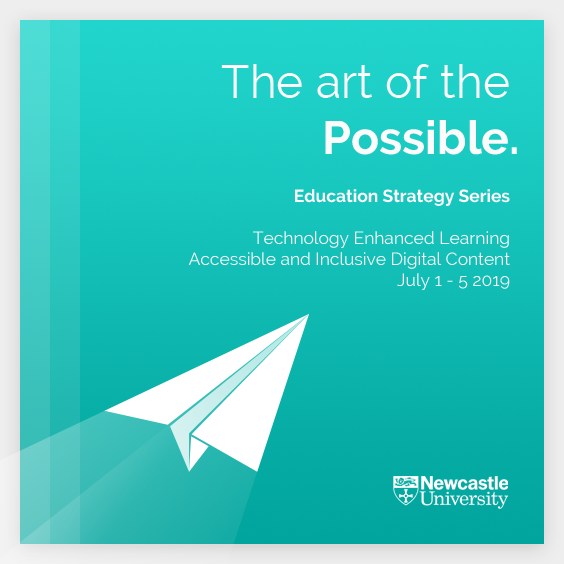Reflective blogging with the e-portfolio and enabling students to ‘wake up and smell the coffee’!

What did you do?
Use of the e-portfolio to underpin BUS1005 (Developing Academic and Employability Skills) to create reflective learning ‘blogging’ opportunities for first year students to make connections between their skills and skills required for current/future learning and employability.
Who is involved?
Fiona Thompson (Module leader/tutor of BUS1005 Developing Academic and Employability Skills to first year BSc Marketing students) supported by Graeme Boxwell.
Reflective learning was introduced at the start of the module and together with a computer session led by Graeme Boxwell the students were introduced to the e-portfolio system and encouraged to start using the eportfolio to blog about their learning journey.
How did you do it?
Each lecture – had a ‘blog about this’ element as well as a skills audit or diagnostic each week on team building, time management, learning style etc. for students to blog about. This continual reminder helped re-inforce the importance of blogging. The module tutor added comments to student blogs which helped to motivate students to contribute and also kept records of who had/hadn’t blogged and followed up by email/class discussion encouraging students to blog. A prize of free books was offered by the DPD for the most blogs for a male and female student which also reinforced the importance of eportfolio and reflective blogs. The reflective blogs were also part of the mark for the first and second semester assignments as they helped to provide the stepping stones through the students learning journey and added deeper context to the reflective essays that was part of the assessment.
Why did you do it?
Reflective practice and developing the ability to self judge yourself and your progress is an important and sometimes overlooked academic skill. Especially with first year students we need to help them ‘wake up and smell the coffee’ as early as possible so they can engage at all levels and also make the successful transition from being spoon fed at Sixth form/College into becoming an independent and effective learner at university. Unfortunately, the rush to the tape of each assessment hand in means students are on a continual roll and sometimes do not take the time out to think about how they could improve their evaluative or written skills in the future. The reflective blogs with the e-portfolio enables them to ‘take some time out’ to think about how they could improve their skills in the future so they break out of the cycle and can improve their written or critical evaluation skills which also attract the higher marks.
Does it work?
Feedback from student blogs, anecdotal feedback and written evidence from reflective essays all show that students have benefited from reflective learning/use of the e-portfolio blog. It has enabled them to talk openly and share things with the tutor which they may not put into an email or talk to the tutor about. This has enabled them to feel supported in their learning and think about how they can improve their academic skills as well as what they need to do now to reduce their ‘skills gap’ for future employment.
Reflective blogging with the e-portfolio and enabling students to ‘wake up and smell the coffee’!




